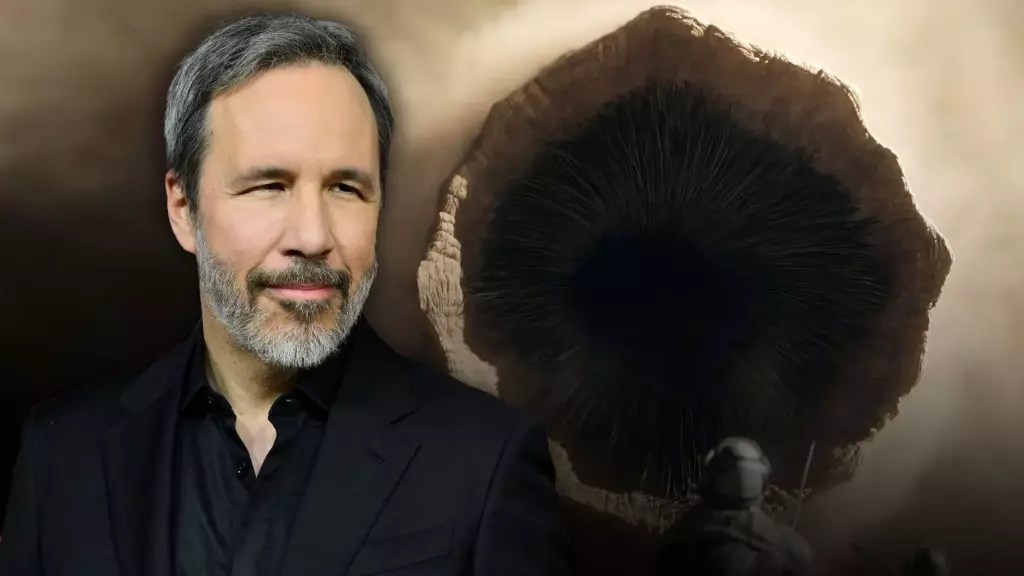Denis Villeneuve, the director of the highly anticipated film Dune: Part Two, has been vocal about the difficult decisions he has had to make during the adaptation process. Adapting a beloved science fiction novel like Dune is no easy task, and Villeneuve has acknowledged that there is always a level of violence towards the original material when bringing it to the big screen. In a recent interview with EW, Villeneuve explained, “When you adapt, there’s always some kind of violence toward the original material. You have to change things, you have to bend, you have to make painful choices.”
One of the most significant choices Villeneuve had to make for the sequel was eliminating the character of Thufir Hawat, played by Stephen McKinley Henderson. In the Dune universe, Hawat plays a crucial role as Paul Atreides’ mentor, surviving the massacre of House Atreides by House Harkonnen. Villeneuve expressed his love for the character but ultimately decided to focus on a Bene Gesserit adaptation, which meant that characters like Mentats were not as prominent as they are in the book series. This decision was undoubtedly a difficult one for Villeneuve, as he had to make sacrifices to streamline the story for the adaptation.
Actor Tim Blake Nelson, who joined the cast for Dune: Part Two, recently expressed his disappointment after learning that his scenes were cut from the final edit of the film. Despite filming for the movie, Nelson’s character did not make an appearance in the almost three-hour-long movie. In an interview with MovieWeb, Nelson revealed, “I don’t think I’m at liberty to say what the scene was. I had a great time shooting it. And then he had to cut it because he thought the movie was too long. I am heartbroken over that, but there’s no hard feelings.” Nelson’s experience highlights the challenges of filmmaking, where tough decisions need to be made to create a cohesive final product.
Villeneuve’s approach to editing is uncompromising, as he believes in letting go of scenes that do not serve the overall narrative. Despite fans’ hopes of seeing deleted scenes in a future release, Villeneuve has made it clear that once a scene is cut, it is considered dead. In an interview with Collider, Villeneuve stated, “I’m a strong believer that when it’s not in the movie, it’s dead. I kill darlings, and it’s painful for me. Sometimes I remove shots and I say, ‘I cannot believe I’m cutting this out.’ I feel like a samurai opening my gut.” Villeneuve’s dedication to the editing process, even when it involves making difficult decisions, showcases his commitment to delivering a cohesive and impactful film to audiences.
The adaptation of Dune: Part Two has posed challenging decisions for Denis Villeneuve and the cast and crew involved. The process of adapting a complex and beloved novel to the big screen requires sacrifices and tough choices. While these decisions may be painful, they ultimately serve the greater goal of creating a compelling cinematic experience for audiences. As Villeneuve continues to navigate the world of Dune, his dedication to the project and unwavering commitment to storytelling shine through in the final product.


Leave a Reply